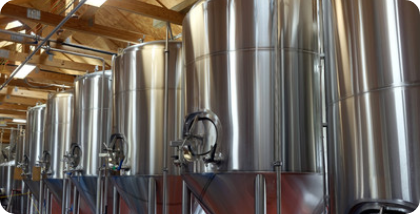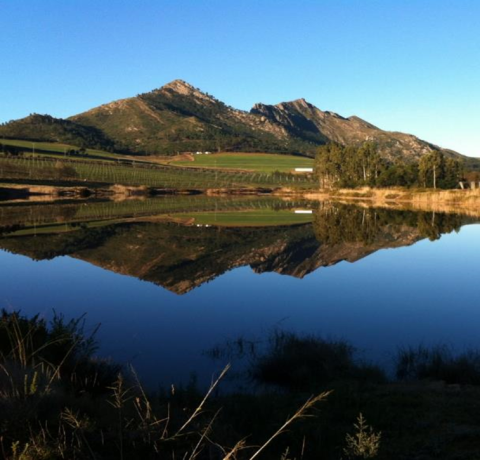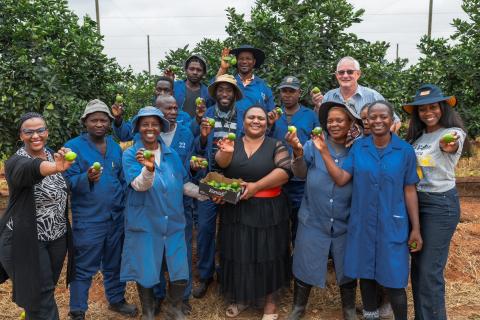
The South African Breweries (SAB) identifies the availability of safe and quality drinking water as a critical resource for the future sustainability of local communities. In addition to this, water is an important resource for the continued business of SAB and its ability to make a meaningful economic contribution to South Africa.
This World Water Day, today, Thursday, 22 March, SAB is celebrating the partnerships it has forged with international organisations and local municipalities, which are making a positive difference within local communities by safeguarding and improving their water supply for years to come.
“As a business whose livelihood is dependent on the availability of water, we are cognisant of the need to care for the needs of the communities in which we operate and ensure that they have access to this precious resource for as long as we do and beyond.
“Our business is inextricably linked to local communities and it’s necessary that we use our resources to improve their lives, their health and wellbeing. What we take from our surrounds, we must replace, even going beyond this,” says David Hauxwell, Vice President Procurement and Sustainable Development, SAB and AB InBev Africa.
SAB has undertaken detailed source vulnerability assessments for all its facilities in South Africa. These assessments are undertaken by specialised external consultants and provide the company with a detailed understanding of potential water risks at a catchment level. These studies underpin our water strategy and guide where we invest in partnerships to mitigate these risks.
By collaborating with relevant organisations and municipalities, SAB aims to measurably improve the water quality and balance in at-risk communities. Investing in a comprehensive water stewardship approach is important for business continuity into the future, and supports vibrant local economies.
Clearing Alien Vegetation to free up water
SAB is working with the World Wildlife Fund (WWF) South Africa in George in the Western Cape to clear the city of thousands of hectares of invasive alien vegetation sapping critical water resources from the environment.
The alien vegetation causes the loss of surface water flow in river systems.
With projections of drier winters due to climate change, and the spread of alien invasive vegetation, SAB, WWF-SA and the Council for Scientific and Industrial Research collaborated in 2010 to do a water risk assessment. Findings indicated that if not addressed collectively, the spread of alien vegetation could soon dry up the rivers from this important water source area.
The Outeniqua project, which has generated more than 20 000 hours of work and seen 700 hectares of vegetation cleared in the past four years, has been extended for another three years due to its success. The cleared areas are in the headwaters of rivers that supply the drought-prone Klein Karoo. The high mountainous areas are also the recharge area for the Table Mountain Group Aquifer, which is part of the “ecological infrastructure” critical to feed dams, aquifers and water supply networks in the province.
Follow-up clearing on the initial 700 hectares is set to take place while the project team is currently assessing new areas to be cleared for the new project period. The project includes monitoring of water levels in farm boreholes, replanting of indigenous vegetation and maximising economic opportunities from the cleared alien wood. Active restoration with planting of indigenous trees has begun. An important additional element of the new phase is reviewing cleared biomass beneficiation options and the potential for new SME’s to support this.
Estimates indicate that between 700 000 and 1 400 000 cubic metres of water will be released every year as less water-hungry indigenous vegetation is replanted in the area. This translates to approximately a billion litres of water per year to support the growth and development of the region.
Water pump refurbishment in City of Tshwane
SAB has worked with the City of Tswane and provided a R3-million donation towards the refurbishment of two key pump stations to supply an additional two-million cubic meters of water to communities throughout the city.
Pump stations at Lower Fountain in Groenkloof and Kentron borehole in Centurion were not fully utilised for several years before the refurbishment owing to inadequate pumps and lack of proper infrastructure.
At Lower Fountain in Groenkloof maintenance was performed on operational pumps and one of the two submersible pumps repaired.
The MMC for utility services, Darryl Moss, says: “The estimated yield from the Groenkloof Lower Fountain pump station is 9 600kl per day, and if not operational the City of Tshwane has no alternative but to purchase additional water from one of our service providers at a cost of approximately R80 000 per day”
At Kentron borehole, a pump was refurbished and will result in an additional estimated water supply of 800 000 cubic metres per year. The total savings for the City, of the two projects combined, is approximately R33 million per year.
City of Cape Town water leak reduction project
In early 2018, SAB provided a R6 million grant to the City of Cape Town to support the City’s drought response strategy. The funding was specifically ear marked for the metro’s pressure management program, through which controllers were purchased, installed and commissioned.
These devices support both a reduction in water demand and also contribute to the loss of treated water through leakage in the system.



